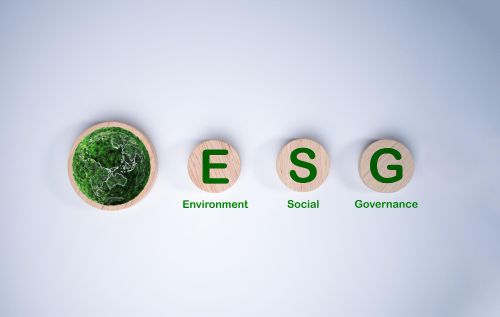Outdated Models Inflate Investor Emissions Data, Report Warns


Cut through the green tape
We don't push agendas. At Net Zero Compare, we cut through the hype and fear to deliver the straightforward facts you need for making informed decisions on green products and services. Whether motivated by compliance, customer demands, or a real passion for the environment, you’re welcome here. We provide reliable information—why you seek it is not our concern.
Greenhouse gas (GHG) emissions estimates used by investors may be overstated by as much as 2,480% due to outdated modelling techniques, according to new research reported by IPE News.
A comparison of estimated and verified Scope 3 emissions data for FTSE100 companies revealed significant discrepancies. The estimates were generated using Environmentally Extended Input Output (EEIO) models, widely promoted by organisations like the Partnership for Carbon Accounting Financials (PCAF) when direct data is unavailable.
Scope 3 emissions, which account for emissions across a company’s value chain, are notoriously difficult to measure. EEIO models, endorsed by the GHG Protocol, offer one solution, but critics argue they are no longer fit for purpose.
According to Matt Paver, chief operating officer at London-based data firm Carbon Responsible, EEIO models can “grossly overestimate” emissions. In their analysis, estimates exceeded actual, directly measured data by more than 2,000% in some cases. Outliers—particularly in mining and fossil fuels—showed even greater errors.
Paver warned that these inflated figures pose financial, reputational, and regulatory risks, especially for institutions that have made Scope 3 reduction commitments based on modelled data. He cautioned that entities could appear to meet targets simply by changing assumptions rather than cutting emissions.
Paver called for a reassessment of the EEIO approach, which he said was developed “when companies lacked supplier data.” PCAF declined to comment on whether it plans to update its guidance.
Source: ipe.com

More related content

New €87 Million Scheme Backs Green Hydrogen Projects in Former Germ...

California's Updated Clean Fuel Standards Set to Take Effect

European Supervisors Seek Public Input on ESG Stress Testing Guidel...
